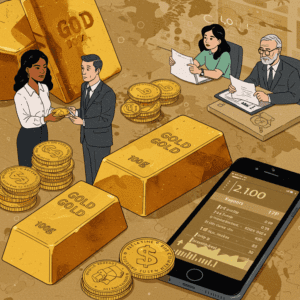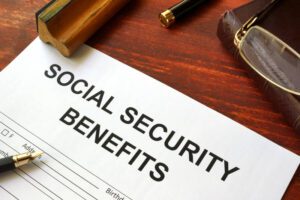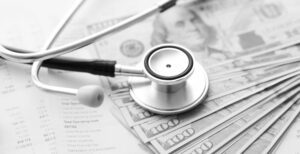Let’s be honest, it’s perfectly normal to fear certain aspects that come with retirement. After all, the routine you have established over decades is about to be disrupted, and there’s no security of a weekly, bimonthly, or monthly wage.
You have all the time in the world to pick up new hobbies or rekindle old passions, to travel and explore. But there are also a lot of things that can spark fear in people.
And while there are a few that are quite exaggerated and not truly worth your fears, there are others that seek to slip out of people’s minds or not even appear as something to be scared of when they probably should be.
We aren’t saying that these things will definitely happen come your golden years, but they are definitely possible, and if you don’t take them into consideration, you are in for a big and, at times, nasty surprise.
So why not minimize the shock you could get by reading out the list and getting familiar with the things that could incite fear in some of us? This is not so that you suddenly get paranoid and stressed out about things, but rather so that you are mindful of them. After all, there’s no need to get scared if you can easily prepare for it in advance.
Let us know if you knew about these things people should fear more or if any of them surprised you!
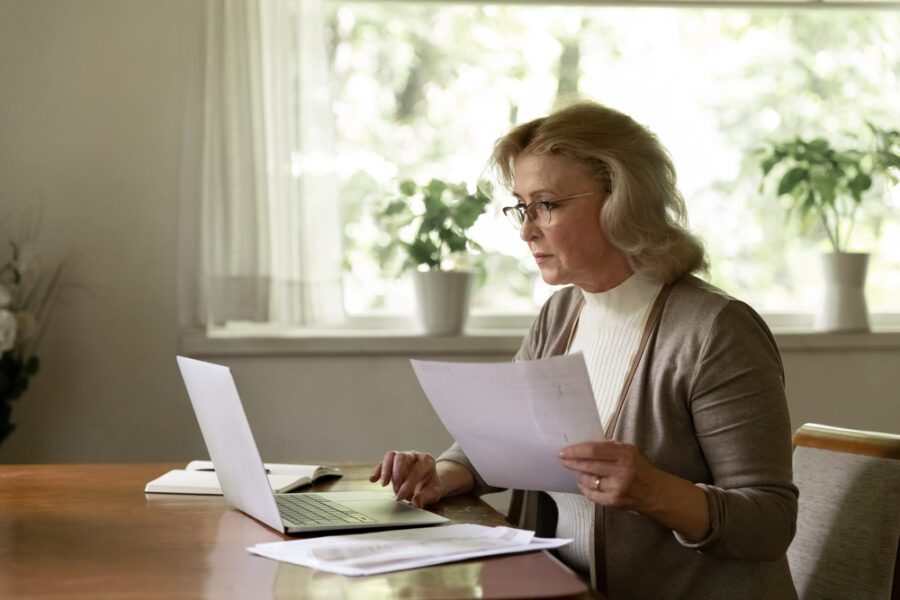
Health care costs
We all hope to live healthily well into our retirement, yet for a lot of retirees, this is not something viable. No matter if you had preexisting conditions or not, or if you were so healthy you haven’t gotten a cold in ages, there is no way around declining health.
After all, our bodies have served us well for so long that there are bound to be certain things that end up creaking, not to mention the stress and strain all those years in the workforce brought about.
No amount of exercise will deter old age from catching up with each and every one of us. According to the Centers for Disease Control and Prevention, around 78% of adults over 55 have at least one chronic health condition, with almost 47% of those having two! The numbers don’t lie.
The fear that people don’t necessarily address when it comes to deteriorating health comes from them not thinking it could happen to them and thus not preparing adequately.
A lot of us worry if our savings will be enough for all our years, but some don’t even think about the added medical costs, which can rack up pretty fast and drain your savings in a matter of months.
This is why you should always keep in mind that you will not be in top shape all the time, and if you’re among the lucky ones that don’t have any conditions, your vision, hearing, and teeth are still probably going to fail you, and those aren’t covered by Medicaid.
The best thing would be to keep these in mind and plan accordingly so you don’t get a nasty surprise.
At worst, you will be prepared; otherwise, you will definitely have a cozy savings account to rely on.
Long-term care costs
Speaking of surprise medical costs, a lot of retirees don’t think they may require long-term care at any point in their life, but the truth is that it’s nothing more than a gamble.
This is the true roulette of retirement, and you can either be among the lucky ones who avoid this altogether or among those that have no other choice but to pay for these services.
The percentage of needing such care is quite high, with people who are turning 65 having about a 70% chance of needing this type of support or care service at one point in their retirement life.
And we aren’t talking about the rest of your life’s care, but rather extensive stays in hospitals, recovery after surgery, and other health issues that can make you require such care. After all, this isn’t a fear people have, but thinking you are invincible will leave you with quite a fright if you end up in a hospital.
The tricky thing here is that you can end up being surprised and not having the money to pay for sure care, or that you choose to pay for an insurance plan that includes long-term care, but you don’t end up using it, despite paying the premium cost. It’s a double-edged sword.

Unreimbursed Medicare expenses
This one may be something that some fear but never speak about. After all, every year, we see part of our paychecks go towards FICA taxes that fund Social Security and Medicare, and while we all know that at some point we are going to need these and will use them, it doesn’t mean it doesn’t sting to see that money go away.
Something that a lot of people find comfort in is that, at one point, they will be able to access health care at the expense of the Medicare program that they helped fund.
Yet, this is where some start to fear the worst: while Medicare does cover a huge chunk of medical costs, especially for retirees, it doesn’t cover everything. And this has been a shock to seniors ever since the program started.
Not everything is covered by the program, with certain things like dental work not included at all, but you also have to continue to pay a monthly premium for this service all the way through your golden years too. For some, this comes as a shock, so if this is news to you, it’s good that you got a headstart.
This is why you should always make sure to include medical expense savings in your retirement fund plans!
Biggest fear: Inflation
This one should be way up the list of things people fear, yet some remain ignorant of it. After all, it happens to most Americans that they get shocked when prices suddenly rise, but inflation isn’t a new concept, and we all seem to forget about it from time to time.
This is because there hasn’t been such a surge in costs in decades and, despite this happening now, it can happen again in a few years’ time as well!
The reason why this is such a huge deal and why more people should pay attention to it is that while it is a big blow to people who have a steady paycheck, it is a huge hit for seniors who live off their savings and Social Security checks.
After all, you have saved as much as you could with the economy you were in, given your own living conditions, and now with doubled prices, you realize that your savings account is depleting way faster than you calculated.
Since we just brought up the matter of inflation and we love for our readers to be as informed as possible, we highly recommend this documentary that dives into the whole ordeal of the 2008 financial crisis.
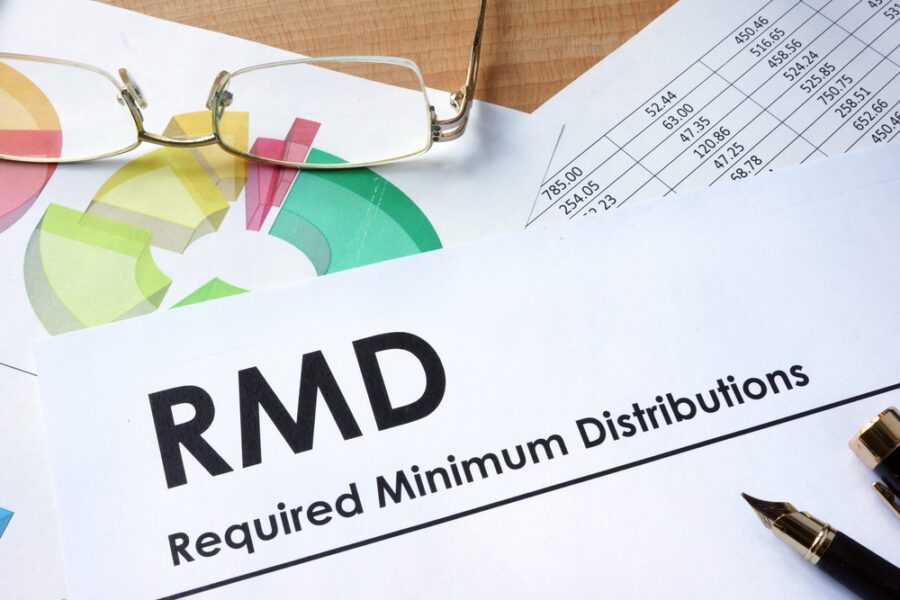
Image By Vitalii Vodolazskyi From Shutterstock
High taxes on RMDs
The sweet, sweet deal that Uncle Sam has been offering for years may just end up being a little bittersweet after all! The deal goes as follows: you agree to divert a part of your income to a retirement plan like an IRA or a 401(k), and the government will grant you big tax deferrals! This sounds amazing, but it doesn’t mean that the bills won’t come running after you in a few years’ time.
Despite the deferrals, you will have to pay taxes on the income you will get from those accounts you used to store your money. This means that with every withdrawal you make from the retirement savings account, you will have to pay taxes on each one of them. Moreover, you cannot just ignore these accounts if you don’t need the money in them.
The government requires you to start making withdrawals once you reach the age of 72. Sure, we can still hope the legislation will push the age limit to 75, but this comes with its own drawbacks.
These unforeseen payments can reach up to a few thousand every year, if not more, based on how much money you have in your account and how much you get with each payment.
This turns out to be a huge surprise for some seniors and a huge stressor, not to mention a fear-inducing element, that people end up ignoring. The bills will come around, and you could end up having to pay way more in taxes than you thought you would despite all your savings.
A good way to avoid this and not end up fearing the day when these taxes will come is to either manage the payments from your retirement account closely (before and after RMDs), or you could also turn to a tax-free account that saves you from paying taxes. However, both of these options should be discussed with a tax adviser to see which option is best for you.
Find out how you can make more money as a retiree here!


